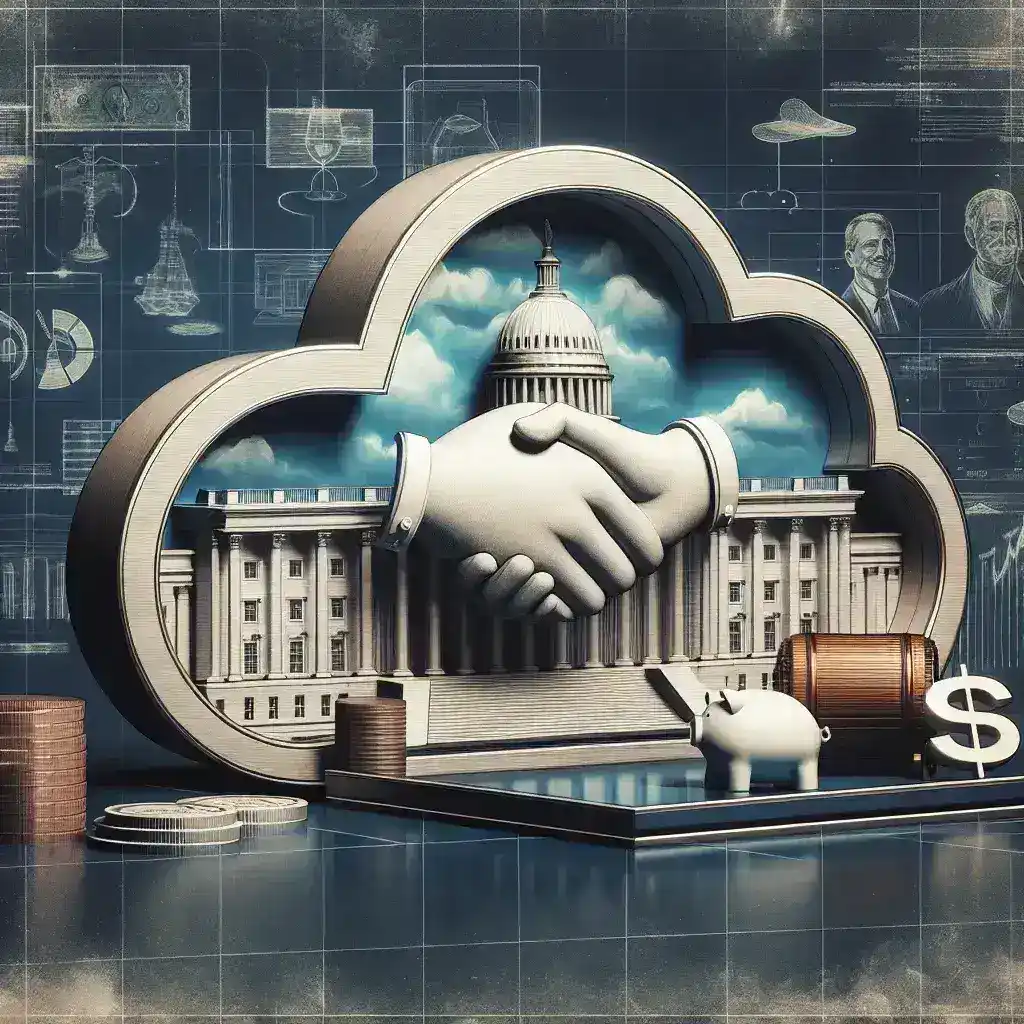Introduction
In an unprecedented move, Microsoft has stepped forward with an enticing proposal to the U.S. government, offering a remarkable $6 billion savings deal on cloud services. This initiative not only aims to reduce operational costs for federal agencies but also underscores the growing importance of cloud computing in government operations. With a robust track record in cloud solutions, Microsoft is positioning itself as a leading partner for the federal government. In this article, we will delve into the details of this offer, explore its implications, and assess the future of cloud services in the public sector.
Understanding the Proposal
Microsoft’s proposal centers around providing cloud services through its Azure platform, which has become a cornerstone of its business model. The $6 billion savings deal is designed to help federal agencies transition to cloud-based solutions more efficiently, thereby modernizing their IT infrastructure while cutting costs significantly.
Key Components of the Deal
- Cost Reduction: The primary aim of this proposal is to offer substantial cost savings over the long term, allowing agencies to allocate resources more effectively.
- Scalability: Microsoft Azure provides a scalable solution that can adapt to the changing needs of various government agencies.
- Enhanced Security: The deal emphasizes Microsoft’s commitment to security and compliance, ensuring that sensitive government data is well protected.
- Support and Training: Microsoft plans to offer comprehensive support and training for government employees to facilitate a smooth transition to their cloud services.
The Historical Context
The relationship between the U.S. government and cloud providers has evolved significantly over the past decade. Early adopters of cloud technology faced skepticism regarding data security and privacy. However, as cloud service providers have demonstrated their capabilities, the government has gradually embraced these technologies.
Previous Initiatives
Historically, the U.S. government has engaged in partnerships with various tech companies to enhance its digital infrastructure. The Federal Risk and Authorization Management Program (FedRAMP) was established to streamline the process of adopting cloud services, setting a precedent for future collaborations.
Implications for Federal Agencies
The $6 billion savings deal comes at a crucial time when many federal agencies are under pressure to modernize their IT systems while adhering to budget constraints. By accepting Microsoft’s offer, agencies can:
- Improve operational efficiency and service delivery.
- Reduce their carbon footprint by leveraging energy-efficient cloud solutions.
- Enhance collaboration and accessibility of information across departments.
Long-Term Benefits
In the long run, the adoption of cloud services can lead to:
- Innovation: Agencies can leverage advanced technologies such as artificial intelligence and machine learning available on cloud platforms to improve their services.
- Cost Efficiency: With ongoing savings, agencies can invest in other critical areas, ensuring that taxpayer money is utilized effectively.
- Agility: Cloud solutions enable agencies to respond quickly to changing demands and challenges, enhancing their overall agility.
Challenges and Considerations
While the deal presents numerous advantages, there are challenges that federal agencies must consider:
- Transition Risks: Moving from legacy systems to cloud solutions can introduce risks and require careful management.
- Data Security: Despite Microsoft’s assurances, concerns regarding data privacy and security remain paramount for government entities.
- Training Needs: Adequate training programs must be implemented to ensure that employees can effectively utilize the new systems.
Expert Opinions
Experts in the field of cloud computing believe that this deal could set a new standard for government partnerships with technology providers. According to Dr. Jane Smith, an analyst at Tech Innovations, “This proposal not only saves money but also represents a significant step towards modernization in government operations.”
Future Predictions
As the U.S. government considers Microsoft’s offer, several predictions can be made regarding the future of cloud services within the federal landscape:
- Increased Adoption: More agencies are likely to follow suit, embracing cloud technologies as a staple rather than an exception.
- Innovative Solutions: We can expect to see innovative solutions tailored to the unique needs of government agencies.
- Collaborative Ecosystem: The partnership could foster a collaborative ecosystem among various tech companies, driving further advancements in cloud technologies.
Conclusion
Microsoft’s $6 billion savings deal for U.S. government cloud services represents a landmark opportunity for federal agencies to modernize their operations while realizing significant cost savings. As the government navigates the complexities of transitioning to cloud-based solutions, this offer highlights the potential for innovation and efficiency in public sector operations. The journey ahead will require thoughtful planning, training, and a commitment to security, but the prospects for a digitally transformed government are more promising than ever.

